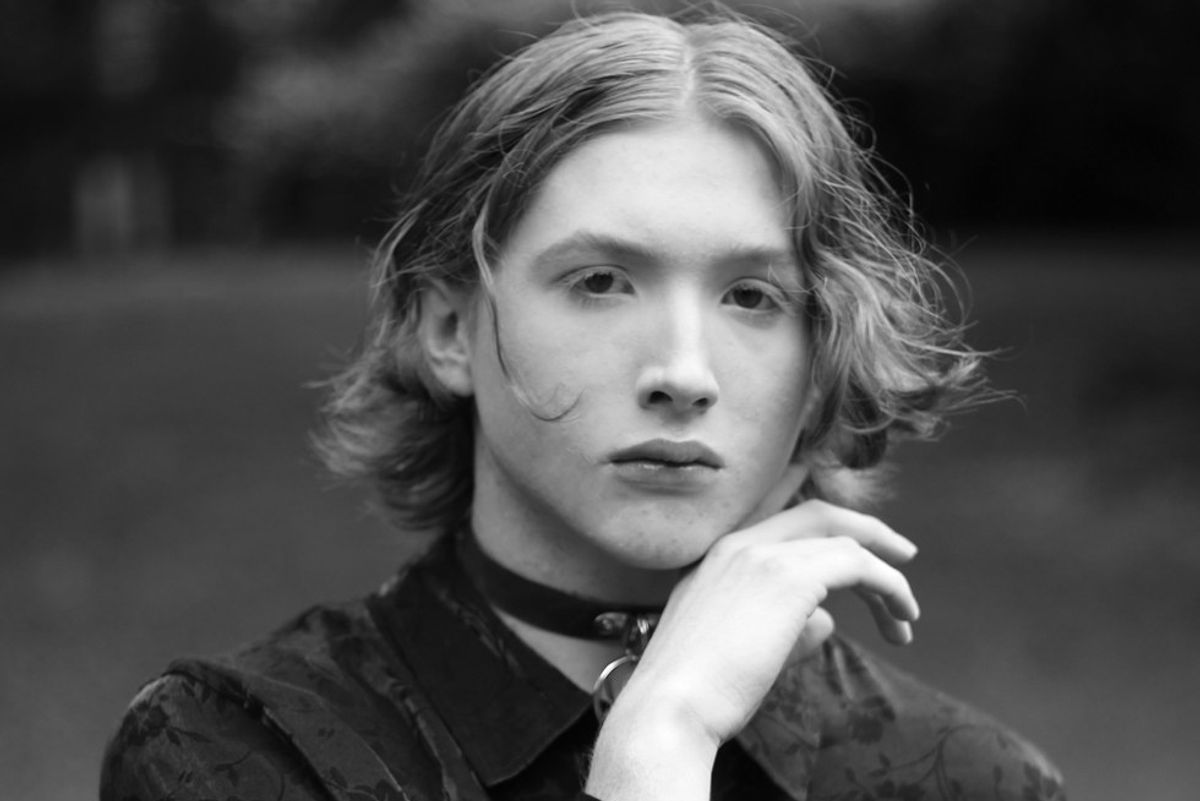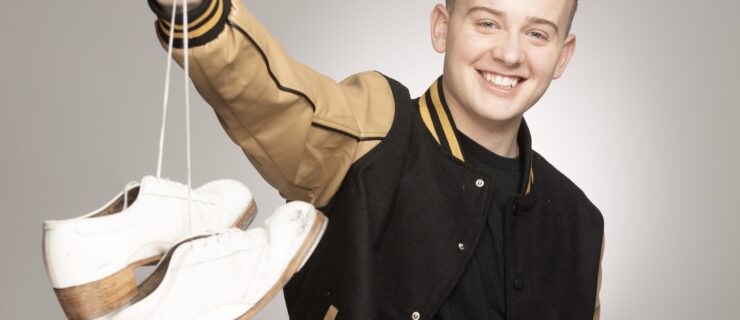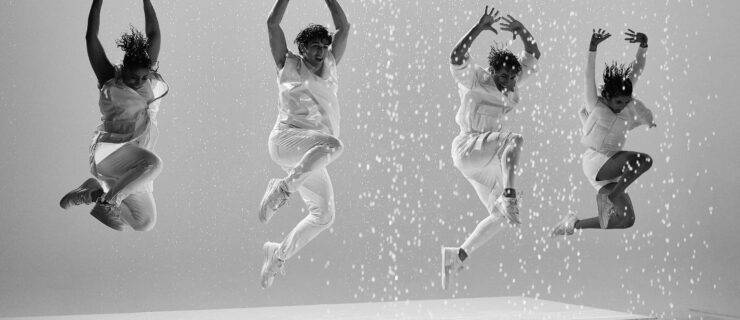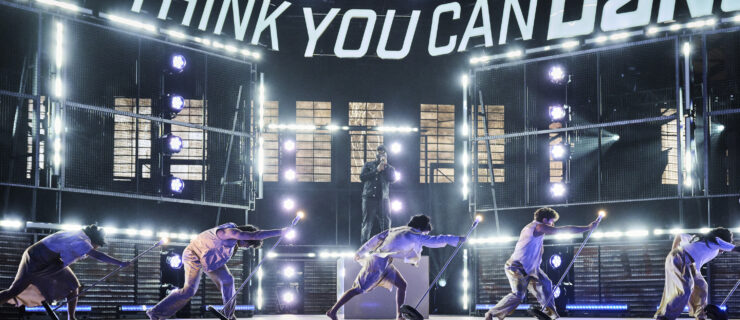Wunderkind Choreographer Easton Payne on the Importance of Making Mistakes and the Magic of a Morning Playlist
Twenty-two-year-old dancer and choreographer Easton Payne is an artist’s artist: His movement is profoundly empathic, wholly original, and endlessly creative. That unique voice was honed through training at the Atlanta Ballet Centre for Dance Education and Dance Town in Doral, FL. Payne now choreographs for studios across the country, though you’re probably most familiar with his work for Molly Long’s Project 21. Read on to find out how he keeps making movement that’s like nothing we’ve seen before. —Helen Rolfe
“Though I’m constantly imagining and conceptualizing, the magic happens for me in the studio. I always know what flavor I’m craving, but I try not to be too specific with my expectations of the components of a meal. I used to map the entirety of my pieces with pen and paper. I mostly left the studio feeling disappointed; the magic never happened because I was too busy deflecting ‘error.’ I’ve come to realize that error and magic go hand in hand. If our pieces were people, how could we expect any greatness or feeling without flaws? As artists, we must give our work the same amount of slack, forgiveness, and kindness we give our loved ones in life. Otherwise we create something inhuman.”
“It’s difficult for me to listen to music without envisioning movement, be it an ambient tune in an elevator or a pop song in a clothing store. I’ve always found positive, heartfelt music to have an underlying sense of sadness. As I grow older and heal from past trauma, my tendency to interpret music ironically has softened—but I still think ‘Wake Me Up Before You Go Go’ is one of the saddest songs of all time.”
“I choreographed ‘A Kind of Cruelty’ at Project 21 on a whim. I’d always wanted to construct a work to Nat King Cole’s version of ‘Smile,’ but the idea had been abandoned somewhere in the back of my skull. I selected the music in the first five minutes of rehearsal and we sailed through the choreographic process. I felt inadequate for my lack of ‘preparation’ ; I felt like without an intricate game plan I had a zero percent chance at a successful piece. But the preparation that I felt that I lacked was always there. ‘A Kind of Cruelty’ met the stage for the first time a couple weeks later, and I felt a satisfaction I’d never felt as a choreographer. There’s no map to magic, no guide to genius. But there is a force within all artists that can instinctually fulfill every need we have.”
“My favorite place to feel close to music is most definitely in my yellow-tile bathroom, getting ready for the day. Thanks to the Bluetooth speaker (the best invention since sliced bread), I’m always blaring something while simultaneously getting squeaky clean. This can really slow down the getting-ready process, but I gotta say I believe my skin-care routine to be much more effective when applied with Joni Mitchell’s ‘Hejira’ at full volume. I tend to rely on my Spotify shuffle to queue up my morning soundscape. I also tend to empathize deeply with whatever mood the music being selected at random brings me—which can make for quite the emotional escapade of a morning. But you know what they say: It’s best to feel at least a thousand feelings before breakfast.”




